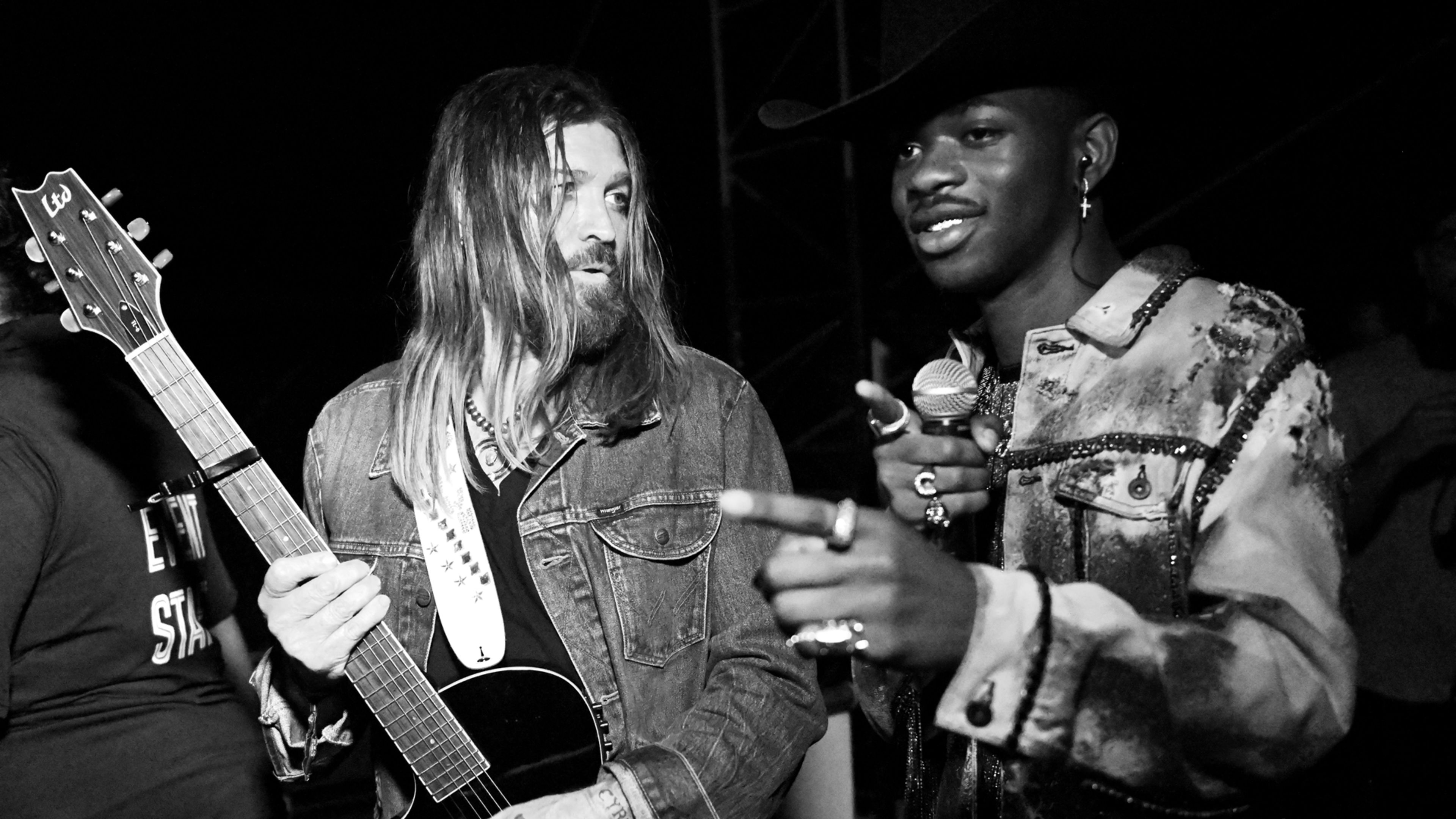“Old Town Road” is the little country/trap fusion that could–and almost didn’t.
Rapper Lil Nas X’s smash hit has shattered streaming records and is still sitting atop the Billboard Hot 100 five weeks running. Not even a chart darling like Taylor Swift with a new sickly sweet tune could unseat “Old Town Road” and its remix with Billy Ray Cyrus. With its certified meme status on apps like TikTok and the raging debate on what constitutes country music, “Old Town Road” has become a flashpoint in pop culture.
And it all stems from a teenage producer from the Netherlands and a website you’ve probably never heard of.
In 2016, then 16-year-old Dutch producer Young Kio (aka Kiowa Roukema) was just starting to make music. He kept hearing about a site called BeatStars–an online marketplace where producers sell their tracks directly to artists–but couldn’t afford the $180 per year for the pro account. “I was broke at the time,” he says. “So I started just selling beats through my email.” Kio would upload his tracks on YouTube with his email in the description for inquiries. Over time, he cobbled together the money for a BeatStars pro account, uploaded the beat for “Old Town Road” in June 2018, and less than a year later put himself, as well as BeatStars, on the map.
Founder and CEO Abe Batshon launched BeatStars in 2008 as a way to democratize and streamline music production sales. The site has since amassed a network of 1.5 million users and has paid close to $50 million to creators. Producers charge anywhere from $20 to $200 for a track, and pro members keep 100% of revenue (BeatStars takes a 30% cut in their freemium tier). Once a track has been sold, producers can draw up personalized contracts to determine profits on the backend.
“We have music-industry-drafted agreements that make sure that the producers continue to have publishing ownership on the writer’s share,” Batshon says. “And sometimes they even work in royalties on the master’s side as well. So we pride ourselves on allowing the producers to structure and customize and create agreements the way they want to.”
A few songs from major artists have been sold via BeatStars, including Joyner Lucas’ “Devil’s Work,” Queen Naija’s “Medicine,” and Future’s “Selfish.” But nothing has come close to the chart dominance of “Old Town Road.” Kio’s contract does indeed grant him a percentage of the publishing. He didn’t offer specifics, but he did say he’s making “a lot” of money off the song. “It’s insane, actually,” he says.
So how did a teenager from the Netherlands go from broke to earning an “insane” amount of money? By creating a beat he thought no one would want.
When Kio was scrounging up money to open his BeatStars store, he found moderate success in creating tracks that were fashionable at the time–think any mainstream rap song of the last three years. But he was always interested in sampling. And so when he came across the Nine Inch Nails song “34 Ghosts IV,” Kio had the idea to take the country sound of the banjo and fuse it with hip-hop.
“In my mind, I was like, ‘Damn, this will not sell anything.’ The thing is, I really enjoyed making that beat because it was different,” Kio says. “Making different stuff, it makes you have fun again–you’re not just doing the same thing because of the revenue. [“Old Town Road”] made me think to make more stuff that I want and not the stuff that I have to sell.”
Despite Kio’s success with “Old Town Road,” both he and Batshon stress that producers whose tracks don’t claim the No. 1 Billboard spot for five weeks straight are still making livable incomes from BeatStars. Batshon also hinted at upcoming features to expand BeatStars’ offerings, including music publishing administration and distribution.
“We have kids on the platform Kio’s age–19, 18, 17–making 40, 50, 60 grand a month selling beats online. And some of these guys have been doing it for years,” Batshon says. “We can inspire young people to pursue their dreams and actually do what they love doing, because not every city in the world has a music industry. Where Kio is in the Netherlands, he’s probably been very limited in working with industry artists there and actually sustaining himself. But he was able to connect with a kid in America, and this story is just crazy.”
Recognize your brand’s excellence by applying to this year’s Brands That Matter Awards before the early-rate deadline, May 3.
